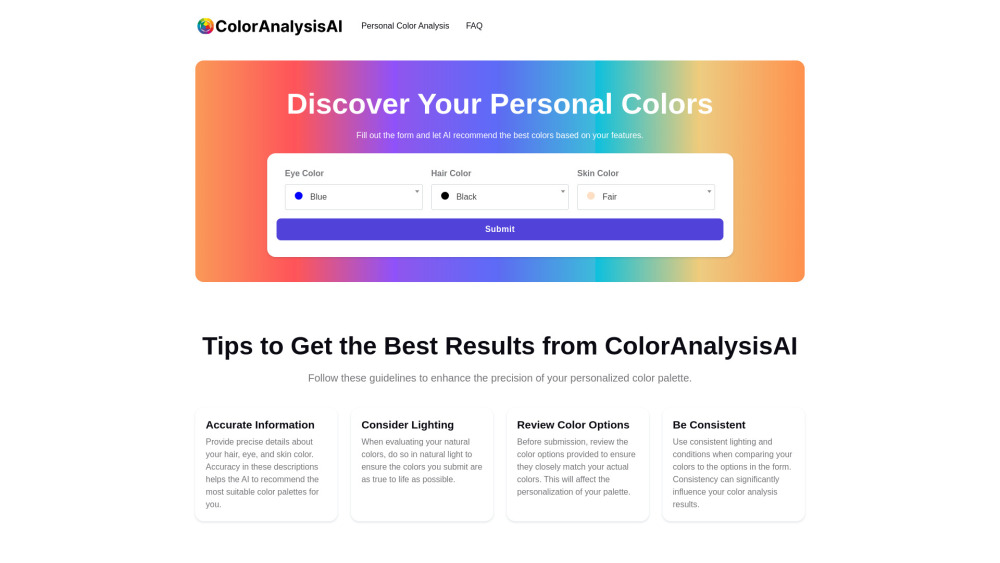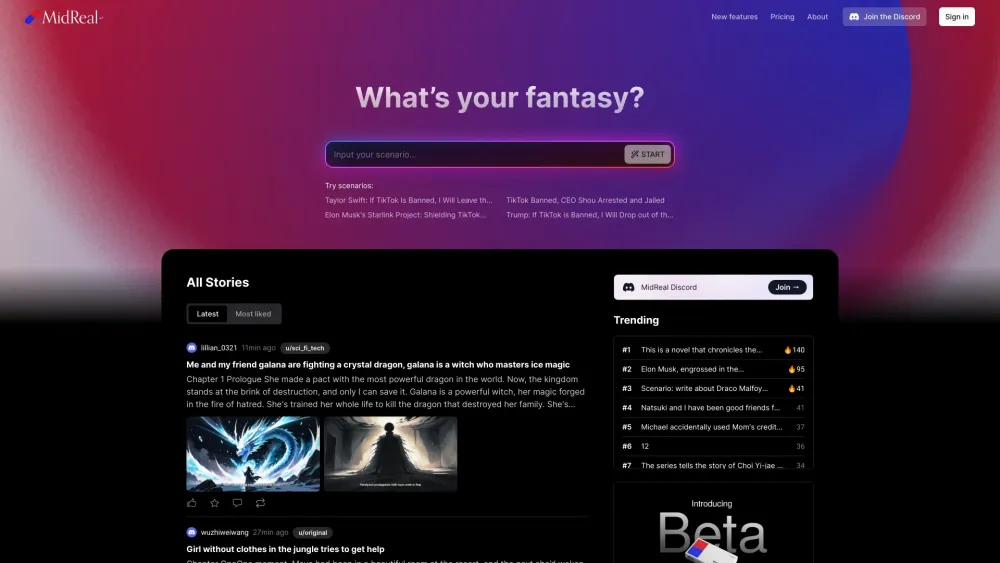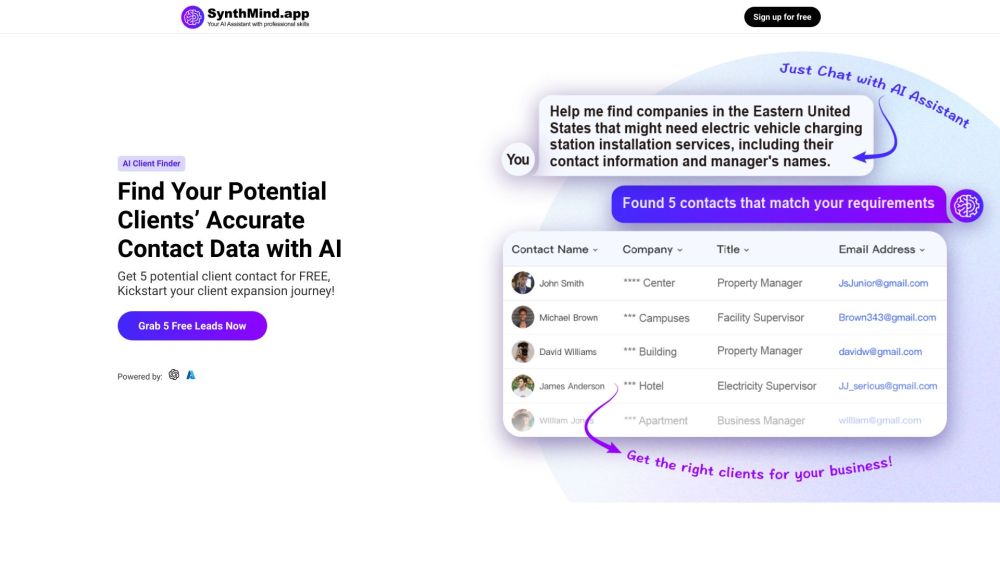Bret Taylor, former co-CEO of Salesforce and current chairman of OpenAI’s board, has launched Sierra, a startup focused on conversational AI for businesses.
In partnership with Clay Bavor, former head of VR at Google, Sierra aims to empower enterprises with tailor-made AI agents that enhance digital operations. The startup has secured $110 million in initial funding from prominent investors including Benchmark and Sequoia.
Sierra is already attracting notable early customers, such as Weight Watchers, SiriusXM, Sonos, and OluKai. These companies utilize Sierra’s technology to manage hundreds of thousands of customer conversations monthly, significantly improving efficiency for customer experience teams.
In a joint blog post announcing the launch, Taylor and Bavor expressed their enthusiasm: “We could not be more excited to release the Sierra platform widely and enable every company in the world to elevate their customer experience with this remarkable new technology.”
The Platform for Always-Available AI Agents
While human agents have traditionally been the backbone of customer support, not all companies can maintain extensive teams that provide 24/7 assistance. Conversational AI chatbots emerged as a solution, but early iterations often fell short of human capabilities, only managing basic queries without empathy or personalized engagement. Sierra aims to change this narrative.
Sierra's conversational AI platform leverages large language models, enabling businesses to create AI agents that are always accessible. These agents understand industry jargon, typos, and contextual nuances in conversations, responding in the user’s preferred language with empathy and adaptability.
For example, if a user requests to cancel a gym subscription due to an injury, the AI can suggest a temporary pause option while expressing sympathy.
What sets Sierra apart is its capability to integrate with enterprise systems, allowing AI agents to access records and perform tasks as authorized. This functionality enables seamless handling of a range of activities, from subscription upgrades to managing order delivery issues.
“Agents can reason, problem-solve, and make decisions. With Sierra, you set goals to guide your agent toward optimal solutions, ensuring alignment with your policies. No workflow or process is too complex,” the founders noted.
Solid Early Traction
While Sierra hasn’t disclosed detailed information about its technology stack, the platform is already in use by several well-known enterprises. For instance, OluKai’s AI agent successfully managed more than half of all customer cases during the busy Black Friday and Cyber Monday period. Weight Watchers’ AI handled nearly 70% of customer sessions, achieving a customer satisfaction rating of 4.6 out of 5.
With its product now out of stealth mode, Sierra plans to broaden its customer base, empowering more companies to enhance their customer service capabilities with conversational AI.
Importantly, while Sierra’s AI agents operate using a business’s knowledge base, policies, and brand guidelines, the platform does not leverage customer data for training purposes. It includes auditing and quality assurance features, ensuring customer experience teams can understand interaction reasoning and intervene as necessary.
“When your agent can’t address a customer’s issue, it gathers essential information and prepares a detailed summary for your customer service team, facilitating effective escalations,” the company states. Additionally, teams gain real-time visibility into interactions and can easily address flagged cases.
While Sierra positions itself as a groundbreaking player in the conversational AI space, it’s worth noting that several chatbot companies are leveraging large language models to enhance enterprise interactions. Competitors like Yellow AI, Aisera, Cognigy, and Kore AI are also making strides in this domain.
According to Markets and Markets, the conversational AI market was valued at $10.7 billion in 2023 and is projected to grow at a compound annual growth rate (CAGR) of over 22%, reaching nearly $30 billion by 2028.





